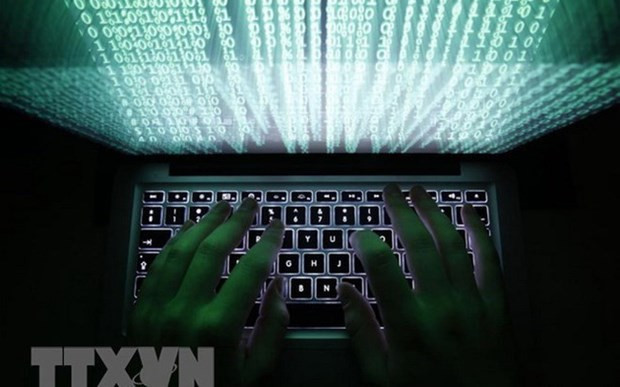 Computer viruses caused estimated losses of 17.3 trillion VND (716 million USD) to Vietnamese users in 2023. (Source: VNA)
Computer viruses caused estimated losses of 17.3 trillion VND (716 million USD) to Vietnamese users in 2023. (Source: VNA)This figure has decreased compared to previous years, but thecybersecurity situation in the country still poses numerous challenges asattacks using data-encrypting viruses continue to rise, particularly targetingcritical servers.
Computers without internet connections still face AdvancedPersistent Threats (APTs). Additionally, online financial fraud shows no signsof abating.
In 2023, Bkav's malware monitoring and warning system recorded about 745,000computers infected with account-stealing malware (Facebook, banking), up 40% comparedto 2022. Notably, malware such as RedLineStealer, ArkeiStealer, and Fabookiewere among the top 20 most prevalent viruses in Vietnam.
Data-stealing viruses are mainly spread through cracked software. Bkav's surveyresults show that up to 53% of computers in Vietnam use unlicensed software(crack versions).
This is also one of the reasons why about 10% of users inVietnam had their social networks, email, and bank accounts hacked.
According to Bkav's cybersecurity survey, the ratio of users receivingfraudulent messages and calls continues to increase, reaching 73% in 2023. Online financial fraud has also exploded inrecent years, with victims coming from all classes and living anywhere./.



























